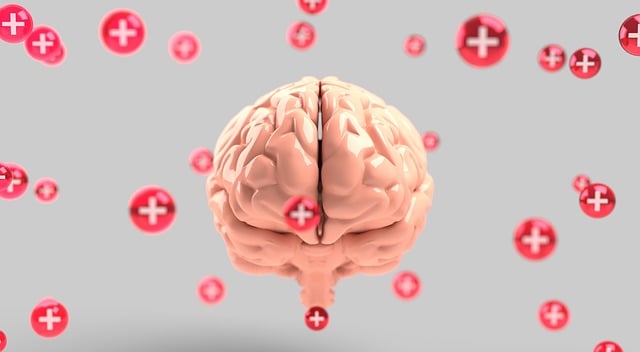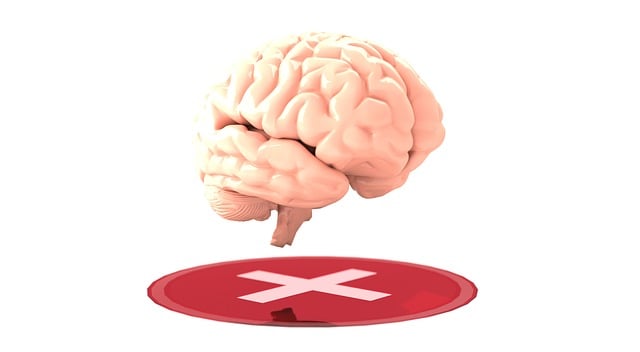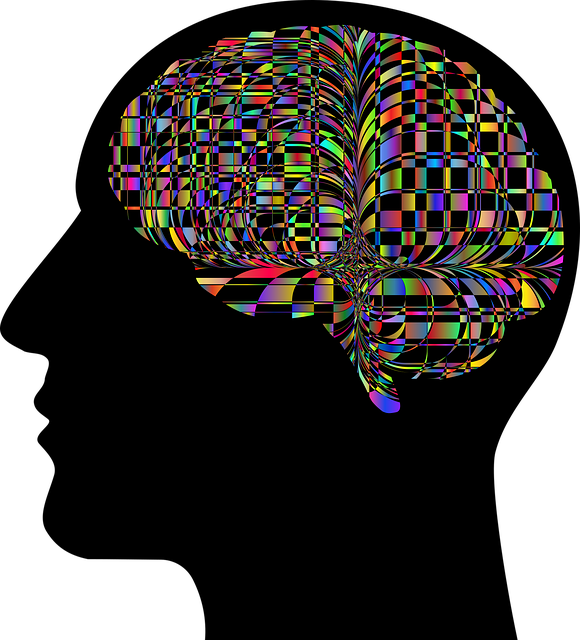Englewood Grief Counseling Therapy (EGCT) employs a multi-faceted approach to mental health data analysis, combining survey data, clinical assessments, and electronic health records (EHRs). They prioritize data integrity through cleaning, missing value handling, and format standardization. Advanced analytics techniques, including algorithms and machine learning, help EGCT identify trends like the correlation between self-care and positive thinking, enabling personalized interventions. This process enhances therapeutic outcomes by revealing unique client needs and triggers, with emotional intelligence guiding effective interpretation. Balancing data insights and patient privacy is crucial, ensuring trust through strong security measures and ethical practices.
Mental health data analysis is a burgeoning field, offering profound insights into human well-being. This article explores the intricacies of understanding, analyzing, and interpreting mental health data using advanced techniques. From collection and preparation to ethical considerations, we delve into actionable strategies for therapists, like those at Englewood Grief Counseling Therapy. By harnessing data analytics, professionals can enhance patient care, personalize treatments, and ultimately improve mental health outcomes.
- Understanding Mental Health Data: Collection and Preparation
- Advanced Analytical Techniques for Deep Insights
- Interpreting Results: Practical Applications in Therapy
- Ethical Considerations and Privacy in Mental Health Analytics
Understanding Mental Health Data: Collection and Preparation

Understanding Mental Health Data is a multifaceted process that forms the bedrock for effective analysis and interpretation. The journey begins with data collection, where various methods such as surveys, clinical assessments, and electronic health records (EHRs) play a pivotal role. These tools capture a spectrum of information, from demographic details to symptoms, treatment plans, and progress notes. At this stage, ensuring data integrity and consistency is paramount; it involves cleaning the data to remove errors and inaccuracies, addressing missing values, and standardizing formats for seamless analysis.
Preparation involves transforming raw data into structured, meaningful insights. This critical step includes aggregating data, identifying trends, and categorizing information relevant to specific mental health conditions or demographics. For instance, an Englewood Grief Counseling Therapy provider might prepare data by grouping clients based on their grief stages, enabling them to offer tailored support. Moreover, cultural competency training for healthcare providers is essential, as it ensures sensitive data related to diverse populations is handled with proficiency, facilitating accurate analysis and interpretation that respects and incorporates cultural nuances.
Advanced Analytical Techniques for Deep Insights

In the realm of mental health data analysis, advanced analytical techniques are revolutionizing the way we understand and interpret complex human behaviors and experiences. These cutting-edge methods go beyond traditional statistical analysis, employing sophisticated algorithms and machine learning models to uncover deep insights that can significantly impact treatment strategies. For instance, at Englewood Grief Counseling Therapy, professionals utilize these tools to analyze trends in grief and trauma responses, enabling them to tailor interventions for more effective support.
By delving into the data, therapists and researchers can identify patterns and correlations not immediately apparent, such as the relationship between self-care routine development and positive thinking. This knowledge is instrumental in designing targeted public awareness campaigns that promote better mental health practices. Advanced analytics thus serves as a catalyst for enhancing therapeutic approaches, fostering a more supportive environment for individuals navigating their mental health journeys.
Interpreting Results: Practical Applications in Therapy

When analyzing mental health data, therapists gain valuable insights that directly translate into practical applications during sessions with clients. Interpreting results involves identifying patterns and trends within the data, allowing therapists to tailor their approach for each individual’s unique needs. For instance, through data analysis, a therapist might uncover specific triggers for anxiety in an Englewood Grief Counseling Therapy client, enabling them to develop targeted strategies using compassion cultivation practices to mitigate these triggers.
Moreover, emotional intelligence plays a crucial role in interpreting results effectively. By understanding the emotional landscape of their clients, therapists can use data insights to foster positive thinking and promote resilience. This holistic approach not only enhances the therapeutic process but also empowers clients with coping mechanisms that extend beyond the therapy room, fostering broader mental wellness and well-being.
Ethical Considerations and Privacy in Mental Health Analytics

In the realm of mental health data analysis, ethical considerations and privacy take center stage. As we delve into the intricacies of analytics, it’s crucial to navigate the delicate balance between leveraging valuable insights for better care and safeguarding sensitive patient information. The journey towards evidence-based practices in Englewood Grief Counseling Therapy underscores this dual responsibility. Every dataset holds stories of struggle and resilience, making confidentiality paramount.
Organizations like Stress Management Workshops and Anxiety Relief initiatives must prioritize emotional healing processes by ensuring data privacy. This involves implementing robust security measures to protect against unauthorized access and data breaches. Moreover, transparency in data collection methods and purposes builds trust between patients and healthcare providers. Remember that, in the pursuit of enhancing mental health services, ethical boundaries must be respected to foster a safe and supportive environment for all individuals seeking care.
Mental health data analysis offers a powerful tool for enhancing therapeutic practices, as evidenced by the success of Englewood Grief Counseling Therapy. By employing advanced techniques like machine learning and predictive analytics, practitioners can gain profound insights into patient outcomes. Understanding the ethical implications and ensuring privacy is paramount to harnessing this technology effectively. Through responsible interpretation, mental health professionals can tailor interventions, ultimately improving patient care and well-being. This evolving field promises transformative changes in the way we approach mental health support.














